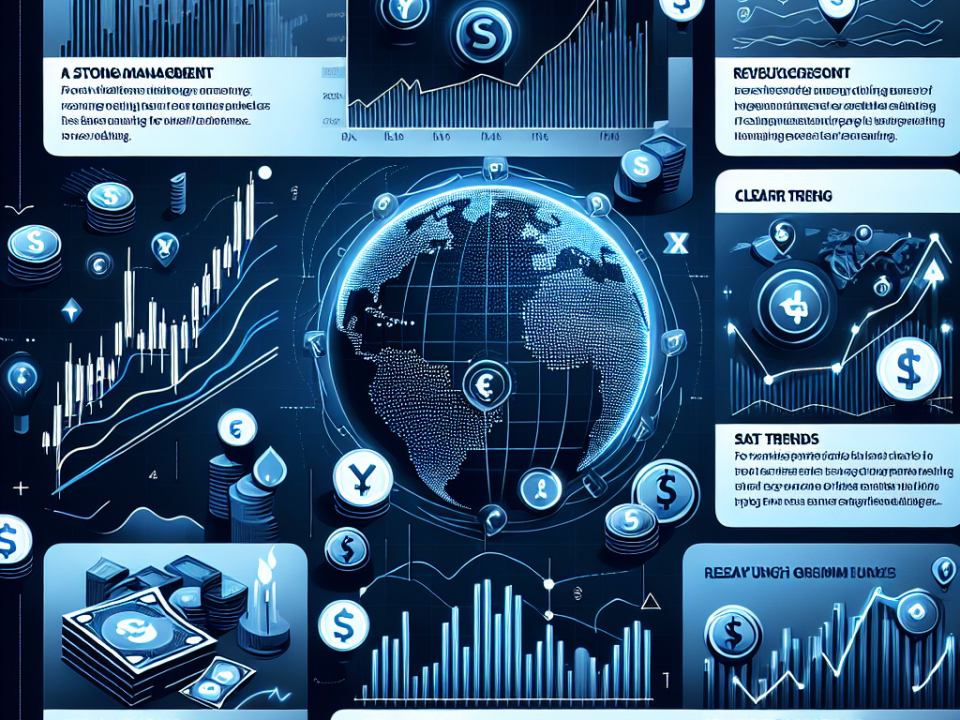
Advanced price action
October 1, 2024Invest in Yourself Before You Invest in the Forex Market
The Forex market, with its promise of financial independence and global participation, can be an alluring space for new traders. However, jumping into Forex trading without proper preparation can lead to costly mistakes. Just like any business, success in Forex requires more than just enthusiasm—it demands knowledge, strategy, and practice. Before you invest in the Forex market, it’s crucial to invest in yourself first.
In this article, we’ll explore why self-investment is the cornerstone of success in Forex trading. We’ll cover essential concepts such as gaining the right knowledge, understanding risk, and mastering the skills necessary for long-term profitability.
Why You Should Invest in Yourself Before Trading Forex
Forex trading isn’t a gamble. It’s a calculated endeavor that requires thorough preparation. Knowledge of the Forex market is a must before you begin investing. The most successful traders understand this—they continuously invest in their education and self-development.
1. Knowledge is Your Greatest Asset
The first step in Forex trading, or any business, is understanding the field you’re entering. Without proper knowledge of how the Forex market works, you’re more likely to fall victim to bad trades, emotional decision-making, and unnecessary risk.
Learn the Rules of the Game
Think of Forex trading as driving a car. You wouldn’t just hop behind the wheel without first learning how to turn, accelerate, or stop safely. Similarly, in Forex, you need to understand the basic principles of trading, market structure, and risk management before you begin trading with real money.
Key components to learn include:
- Trading strategies: Understand different strategies like day trading, swing trading, and position trading.
- Market conditions: Learn how economic factors, geopolitical events, and market sentiment influence currency prices.
- Risk management: This is crucial to protect your trading capital. Setting stop-losses, position sizing, and knowing how to manage leverage are essential skills.
2. Practice Makes Perfect: The Role of Demo Accounts
Even experienced traders use demo accounts to test out new strategies and methods. These accounts allow you to trade in real-time market conditions without the risk of losing actual money. Before jumping into the real market, make use of a demo account to familiarize yourself with how the Forex platform works and how your strategies perform in different market conditions.
Invest in Knowledge Before Investing in Forex
Forex trading isn’t just about watching the charts and placing trades; it’s about understanding the underlying mechanisms that drive the markets and how your trading account functions. Let’s explore some areas where you need to focus before you even consider entering a trade with real money.
Understanding Your Trading Account
Before you start trading, it’s essential to understand the ins and outs of your trading account. Key factors like spread, leverage, margin requirements, execution type, and contract specifications play a critical role in your success.
- Account Currency: Make sure you understand the currency in which your profits and losses will be calculated.
- Leverage: This allows you to trade larger positions than your actual account balance. While leverage can amplify profits, it can also lead to significant losses.
- Margin Requirements: Knowing how much margin your broker requires to open a position is vital for risk management.
- Execution Type: Understand how your broker processes your trades—whether it’s instant execution or market execution can impact the outcome of your trade.
Risk Management: Your Lifeline in Forex Trading
If there’s one area where you need to invest the most, it’s in understanding risk management. In Forex, where volatility can be high, improper risk management can lead to substantial losses. Even professional traders can’t predict the market with 100% accuracy, which is why they focus on controlling risk.

What is Risk Management?
Risk management involves setting clear rules for how much of your account balance you’re willing to risk on each trade. Typically, traders risk between 1-2% of their capital on a single trade. This ensures that even if a series of trades go wrong, you still have enough capital to stay in the game.
Continual Learning: The Path to Mastery
Forex trading is a lifelong learning process. The market evolves, new trading technologies emerge, and strategies must be adjusted. Continual education is a crucial part of investing in yourself. Traders who continuously learn and adapt to market changes are the ones who survive and thrive.
Follow Market News and Economic Events
Economic reports, central bank meetings, and geopolitical events all impact the Forex market. A successful trader stays informed about these events and uses this knowledge to anticipate market movements. Keeping up with financial news and understanding its implications is part of your ongoing self-investment.
Psychology of Forex Trading: Mastering Your Emotions
Investing in yourself isn’t just about acquiring technical knowledge; it’s also about developing mental resilience. Psychology plays a huge role in trading. The emotional highs and lows of winning and losing trades can push traders to make impulsive decisions, often resulting in significant losses.
The Dangers of Emotional Trading
When traders become emotional, they tend to deviate from their plan, take excessive risks, or exit positions too early. Learning how to control your emotions is one of the most critical skills in Forex trading. It’s important to approach each trade logically and stick to your strategy, regardless of market noise or emotional reactions.
Discipline: The Foundation of Successful Trading
Maintaining discipline is one of the hardest but most important aspects of being a successful trader. A disciplined trader sticks to their trading plan and avoids making impulsive trades based on emotions or market noise. This is why practicing in a demo account and keeping a trading journal can be instrumental in developing disciplined trading habits.
Building a Solid Strategy: The Ultimate Self-Investment
Every successful trader has a well-defined strategy. This strategy outlines when to enter a trade, when to exit, and how to manage risk throughout the process. It’s your roadmap for navigating the Forex market. Building a solid strategy requires time, patience, and practice. Here’s how you can start:
1. Develop a Trading Plan
Your trading plan should include:
- Entry and exit rules: These rules dictate when you should open or close a trade.
- Risk management: Define how much of your account you’re willing to risk per trade and set clear stop-loss levels.
- Profit targets: Decide in advance where you’ll take profits to avoid letting greed cloud your judgment.
2. Backtest Your Strategy
Before putting your strategy to work in the live market, backtest it on historical data. This will give you a sense of how your strategy performs across different market conditions. It’s also a form of self-investment as it sharpens your analytical skills and helps you refine your approach.
3. Test in Real-Time with a Demo Account
After backtesting, apply your strategy in a demo account. This real-time practice will help you adapt to the dynamic conditions of the Forex market without risking real money. It’s an essential step in building confidence in your strategy.
Conclusion
Before you start investing in the Forex market, make sure to invest in yourself. Knowledge, preparation, and continuous learning are the foundation of successful trading. Understand the market rules, familiarize yourself with your trading account, master risk management, and, most importantly, develop a sound strategy. Forex trading is a journey, and the more you invest in your own skills and knowledge, the more prepared you’ll be to navigate the complexities of the market.
FAQs
1. Why is it important to invest in yourself before trading Forex?
Investing in yourself ensures that you have the knowledge, skills, and strategies needed to succeed in Forex trading. It helps you avoid costly mistakes and improve your long-term profitability.
2. How can I learn Forex trading without risking money?
You can learn Forex trading by using a demo account, which allows you to trade in real market conditions without risking real money. It’s a valuable tool for practicing strategies and gaining confidence.
3. What should I include in my Forex trading plan?
A trading plan should include your entry and exit rules, risk management strategies, profit targets, and the type of market conditions in which you plan to trade.
4. How does psychology impact Forex trading?
Psychology plays a huge role in Forex trading. Emotional decisions often lead to mistakes. Learning to control your emotions and maintain discipline is critical to success in the market.
5. Why is risk management essential in Forex trading?
Risk management helps protect your capital by limiting the amount of money you can lose on a single trade. It ensures that even if you experience a string of losses, you won’t lose your entire account balance.




